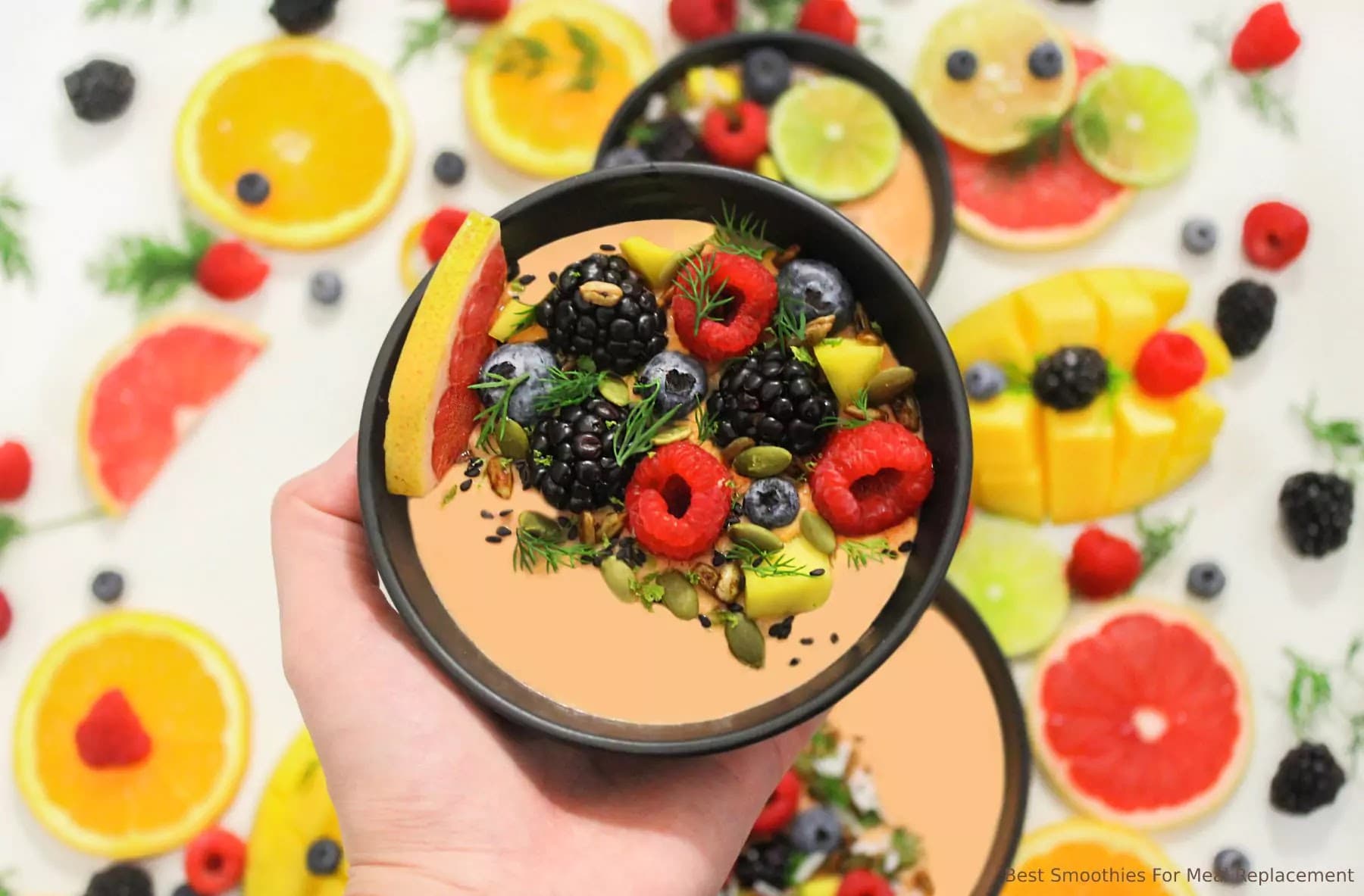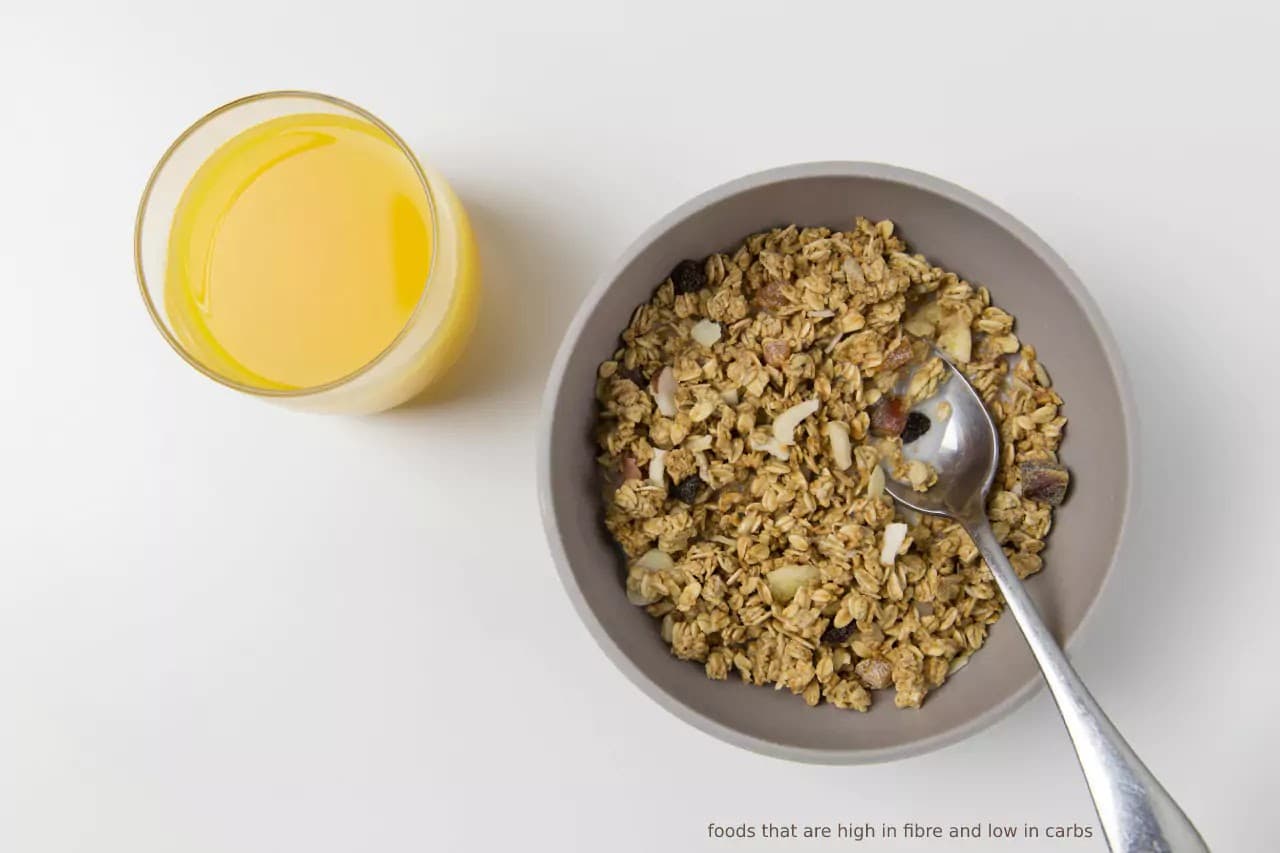High Protein Pescatarian Meals | Benefit and Diet
Jul 27, 2024 12:00 AM
Health

Wellnession.com - Towards a high protein pescatarian diet is not merely a culinary exploration but a conscious choice towards a balanced and nutritious lifestyle. With a focus on incorporating high protein pescatarian meals into your diet, our guide unveils the myriad benefits and flavors awaiting you. Elevate your nutritional intake with the fusion of protein-rich marine sources and plant-based delights.
This unique dietary approach not only promises a diverse and satisfying culinary experience but also holds the potential to enhance your overall well-being. Join us as we delve into the world of high protein pescatarian meals, exploring their benefits and unveiling the keys to a wholesome and delicious diet that aligns with your health and fitness goals.
Table of Contents
What is Pescatarian Diet?
The pescatarian diet, a nuanced and conscientious approach to eating, centers around a predominantly plant-based foundation while incorporating seafood as a primary protein source. This distinctive dietary choice excludes other animal meats, placing an emphasis on fruits, vegetables, grains, and legumes. The term "pescatarian" derives from the combination of "pesce," the Italian word for fish, and "vegetarian."
This diet represents a harmonious blend of the nutritional benefits associated with a plant-based lifestyle, complemented by the rich protein content and omega-3 fatty acids found in various fish and seafood. Embracing a pescatarian diet is not just a culinary decision; it's a conscious commitment to health, sustainability, and a diverse palate. As individuals navigate the realms of ethical and nutritional considerations, the pescatarian diet emerges as a flexible and flavorful path towards a well-rounded and wholesome approach to eating.
| Also Read: Brussel Sprouts in Toaster Oven Mastery |
Is Pescatarian Healthy?
Yes of course, the inclusion of fatty fish, such as salmon and mackerel, provides a rich source of omega-3 fatty acids, known for their positive impact on heart health and cognitive function. Additionally, seafood offers essential nutrients like iodine, zinc, and vitamin D, which may be more challenging to obtain from a solely plant-based diet. The abundance of fruits, vegetables, whole grains, and legumes in a pescatarian diet ensures a diverse array of vitamins, minerals, and antioxidants. However, as with any dietary choice, the key lies in mindful and balanced decision-making. Careful consideration of the quality and sustainability of seafood choices, along with a variety of plant-based foods, will contribute to a healthful and nourishing pescatarian lifestyle.








